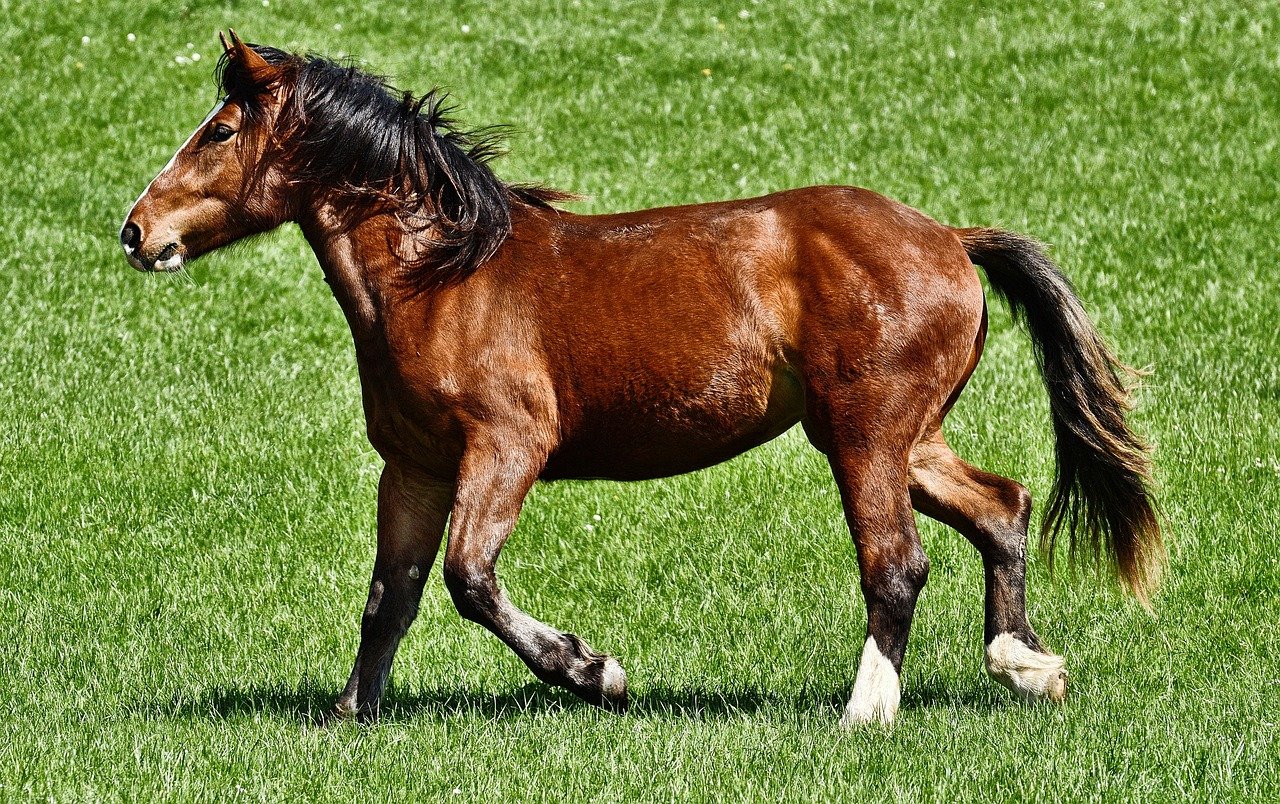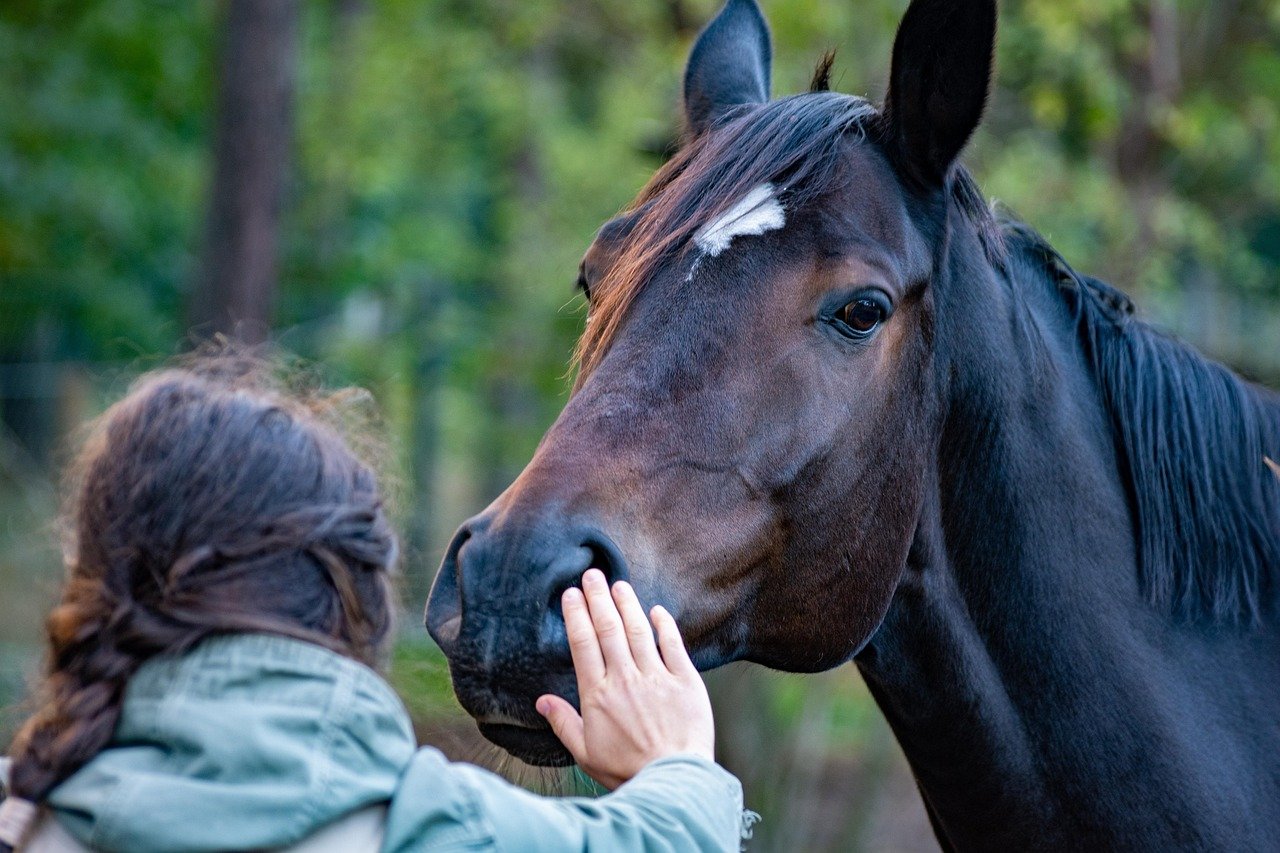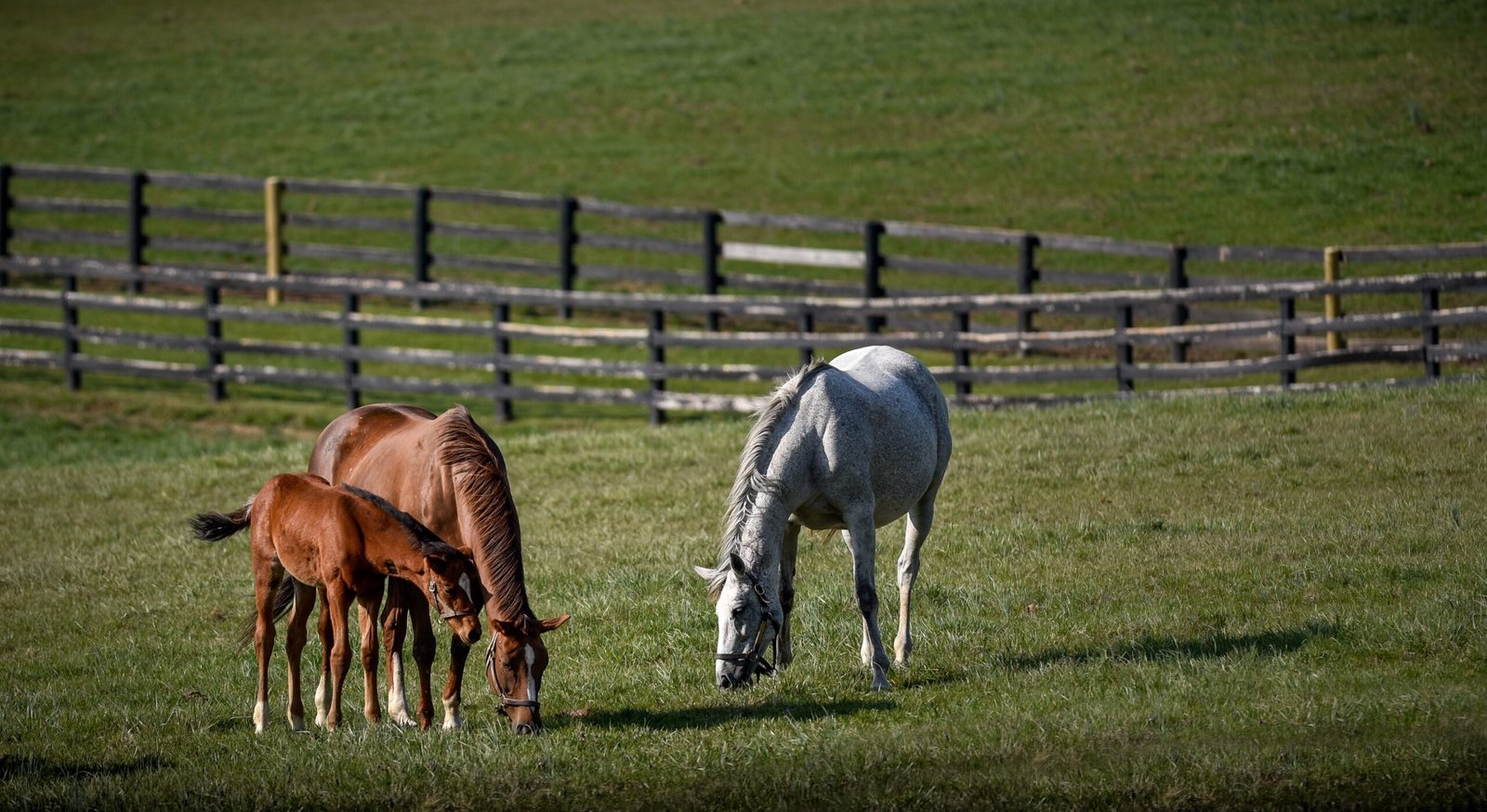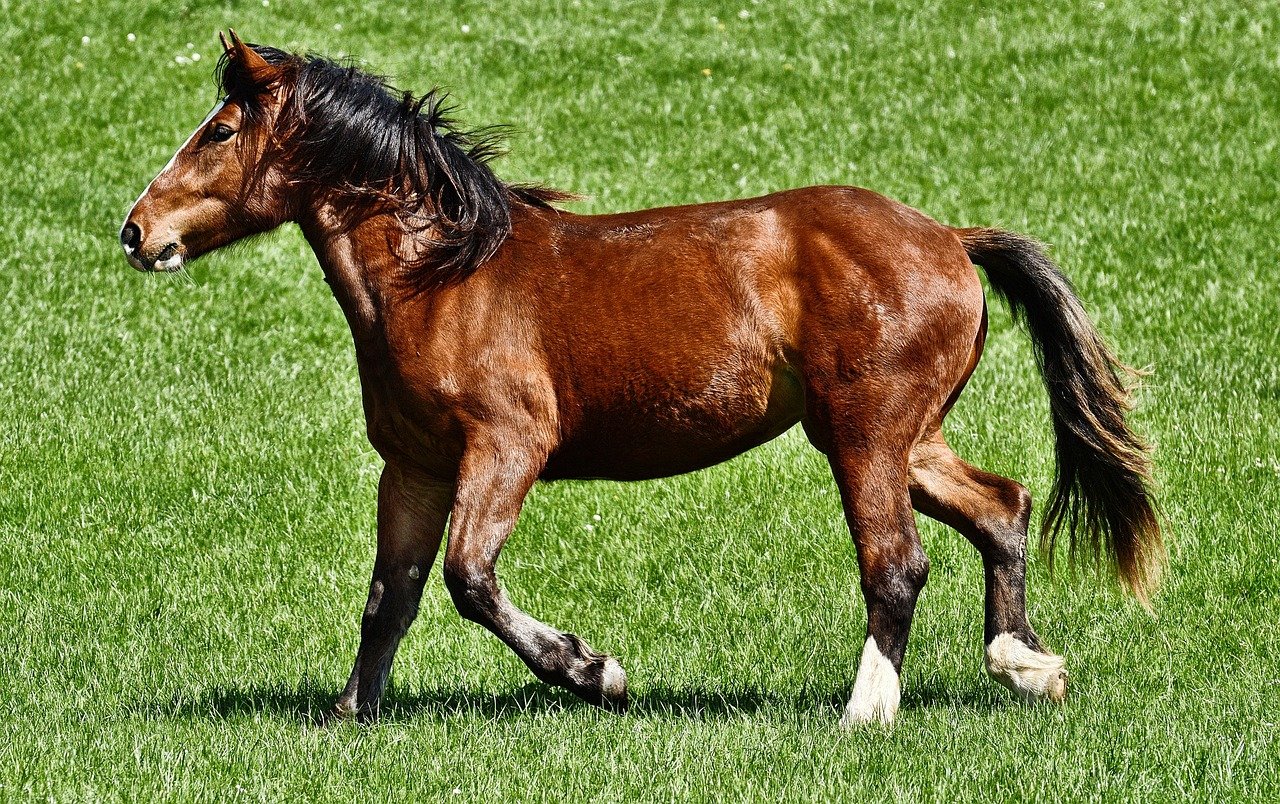Have you ever been caught off guard by a horse’s sudden aggression? It can be both shocking and intimidating. Horses, despite their majestic and gentle nature, can sometimes display aggressive behaviors that bewilder even seasoned equestrians. Understanding and managing this behavior is crucial for ensuring safety and maintaining a harmonious relationship with your horse. Whether you’re a seasoned rider or a horse-loving novice, these 12 tips will guide you through handling aggressive behavior in horses, ensuring a safer and more positive interaction.
Handling aggressive behavior in horses can be challenging, but with the right approach, it’s absolutely manageable. Whether it’s biting, kicking, or ear-pinning, these behaviors often stem from fear, discomfort, or confusion. Building trust through consistent routines, body language awareness, and positive reinforcement can make a big difference. It’s also essential to rule out any medical issues that might be causing pain. With patience and clear communication, you can help your horse feel more secure and respond calmly in different situations.
Recognize the Signs of Aggression

Before addressing aggressive behavior, it’s essential to recognize the signs. Horses may exhibit aggression through pinned ears, bared teeth, or even a tense, rigid body posture. These signals can be their way of communicating discomfort, fear, or dominance. Just like humans, horses have their own personalities and ways of expressing themselves. Observing these signs early can prevent potential harm. It’s similar to reading a friend’s body language when they’re upset; understanding it can help you respond appropriately. Recognizing these signs is the first step in addressing and managing aggression effectively.
Understand the Root Causes

Aggression in horses often stems from underlying issues. It could be due to pain, fear, or even past traumatic experiences. Just like us, horses have histories that shape their behavior. For example, a horse that was mistreated in the past may react aggressively due to fear of being hurt again. Understanding these root causes is crucial for addressing the behavior. By identifying what’s causing the aggression, you can tailor your approach to meet the horse’s needs. Remember, addressing the cause is often more effective than just dealing with the symptoms.
Establish Clear Boundaries
Setting clear boundaries is vital when dealing with an aggressive horse. Horses thrive on routine and structure, and knowing what’s expected of them helps reduce anxiety. Think of it as setting rules for a child; it provides them with a sense of security. Consistent boundaries help a horse understand what behavior is acceptable and what is not. This can prevent situations where a horse might feel the need to assert dominance aggressively. Clear boundaries, communicated consistently, can go a long way in managing aggression.
Maintain a Calm Demeanor
Your demeanor can significantly impact a horse’s behavior. Horses are incredibly perceptive and can sense your emotions. If you approach them with fear or aggression, they’re likely to mirror those emotions. It’s like interacting with a skittish dog; your calmness can help them feel at ease. Maintaining a calm and composed demeanor shows the horse that there’s no reason to be aggressive. This calmness can help de-escalate tense situations and foster a more trusting relationship.
Use Positive Reinforcement

Positive reinforcement can be a powerful tool in managing aggressive behavior. Rewarding a horse for calm and non-aggressive behavior encourages them to repeat those actions. It’s akin to giving a child a treat for good behavior, reinforcing their actions positively. This method not only discourages aggression but also builds trust between you and the horse. Consistent positive reinforcement can gradually change a horse’s behavior, making them more relaxed and cooperative over time.
Seek Professional Help

Sometimes, managing aggressive behavior requires the expertise of a professional. Equine behaviorists or trainers have the experience and knowledge to address complex behavioral issues. It’s similar to consulting a psychologist for behavioral issues in humans. These professionals can provide insights and strategies tailored to your horse’s specific needs. Seeking help is not a sign of failure but rather a proactive step towards ensuring the well-being of both you and your horse.
Ensure Proper Nutrition and Health
A horse’s physical well-being can significantly impact their behavior. Nutritional deficiencies or health issues can lead to discomfort, resulting in aggression. Think of it as how we might get irritable when we’re hungry or unwell. Regular veterinary check-ups and a balanced diet are essential for maintaining a horse’s health. By ensuring they are well-nourished and healthy, you can reduce the likelihood of aggression stemming from physical discomfort.
Provide Adequate Exercise

Just like humans, horses need regular exercise to maintain their physical and mental health. A lack of exercise can lead to pent-up energy, which may manifest as aggression. Imagine a child cooped up indoors for too long; they might become restless and irritable. Regular exercise helps release this energy, reducing the likelihood of aggressive outbursts. Ensuring your horse gets enough physical activity is a simple yet effective way to manage their behavior.
Create a Safe Environment

The environment in which a horse is kept can influence their behavior. A stressful or unsafe environment can trigger aggression as a defense mechanism. Picture yourself in a chaotic setting; it might make you feel anxious or on edge. Ensuring that the horse’s living conditions are safe, comfortable, and free from stressors can help reduce aggressive tendencies. A calm and secure environment can do wonders for a horse’s temperament.
Practice Patience and Consistency

Handling aggressive behavior requires patience and consistency. Behavioral changes don’t happen overnight, and it’s essential to remain patient throughout the process. It’s like teaching a child to ride a bike; it takes time, encouragement, and persistence. Consistently applying the strategies and techniques you’ve learned will gradually yield positive results. Patience and consistency are key to fostering a trusting and harmonious relationship with your horse.
Engage in Trust-Building Activities

Building trust is fundamental in managing aggression. Engaging in activities that strengthen the bond between you and your horse can help reduce aggression. Think of it as spending quality time with a friend to deepen your relationship. Activities like grooming, gentle handling, and spending time together can foster trust and reduce fear-based aggression. A horse that trusts you is less likely to exhibit aggressive behavior.
Monitor and Adapt Your Approach
Every horse is unique, and what works for one may not work for another. It’s crucial to monitor your horse’s behavior and adapt your approach as needed. Consider it like adjusting a recipe to suit your taste; sometimes, small tweaks make all the difference. Regularly assessing your horse’s behavior and being willing to change your methods can lead to better outcomes. Flexibility and adaptability are vital in successfully managing aggressive behavior.
In conclusion, handling aggressive behavior in horses requires understanding, patience, and a willingness to adapt. By recognizing the signs, understanding the causes, and employing strategies like positive reinforcement and trust-building, you can create a safer and more harmonious relationship with your horse. Remember, each horse is unique, and with the right approach, you can help them become the gentle, majestic creatures they truly are. What steps will you take today to foster a better bond with your horse?






